cleaning chronicles
Mastering the EV Revolution: ZESTRON's Expertise in High-Voltage and E-Mobility
The electric vehicle (EV) landscape is rapidly evolving, and with consumers placing a premium on affordability and reliability, companies face a dual challenge and opportunity. At ZESTRON, we recognize the importance of reliability in consumer acceptance and have honed our knowledge and capabilities in high-voltage (HV) electronic assemblies, particularly in the context of E-Mobility.
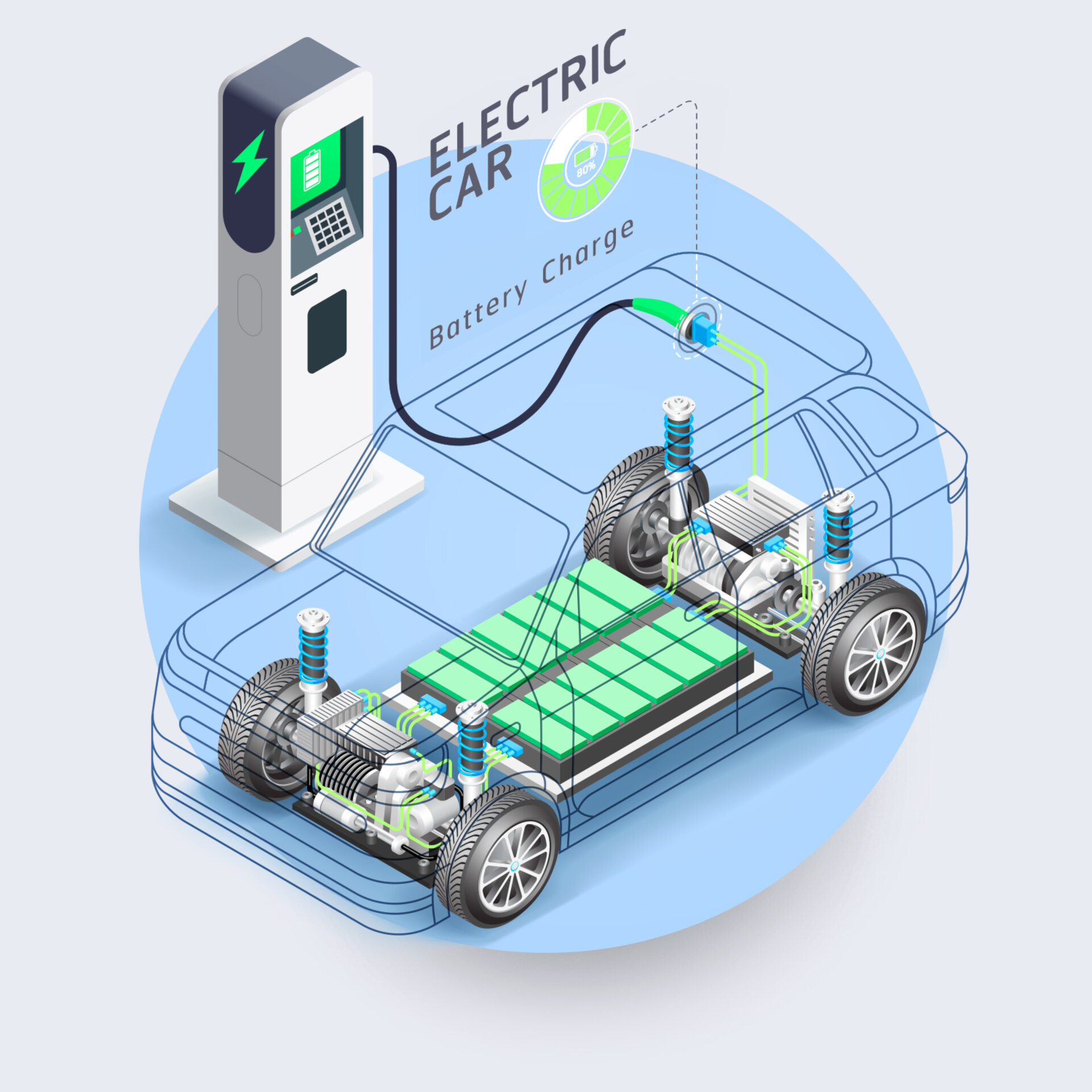
Balancing Act: Reliability vs. Affordability
Ensuring the reliability of EVs is critical, making it imperative for manufacturers to strike a balance between reliability and cost-effectiveness. This challenge can be addressed by implementing dedicated production processes tailored to EVs with high-voltage units, including the traction inverter, OBC/DCDC, and batteries. These quality management practices serve to mitigate systematic failures stemming from production.
Unveiling Challenges in EV Powertrains
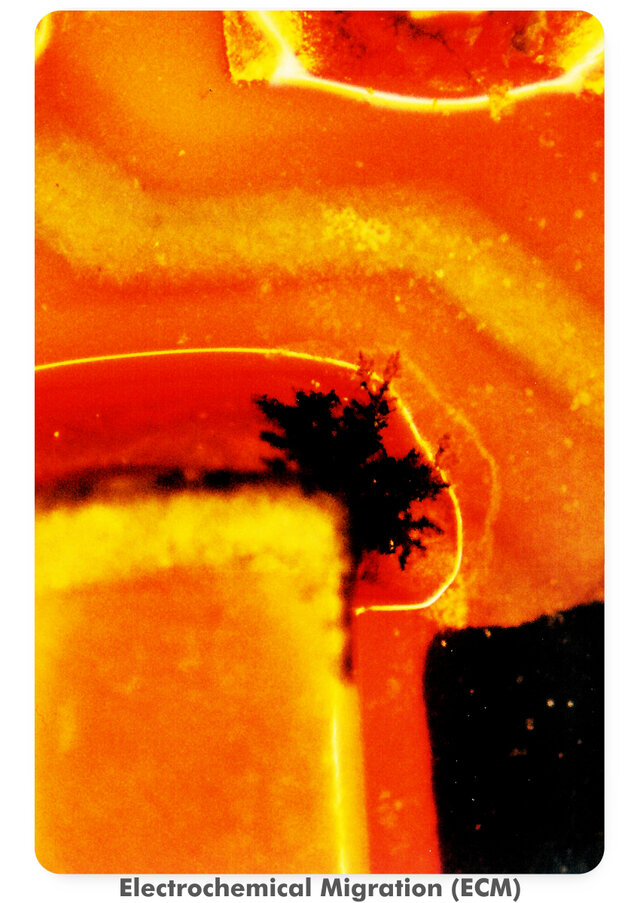
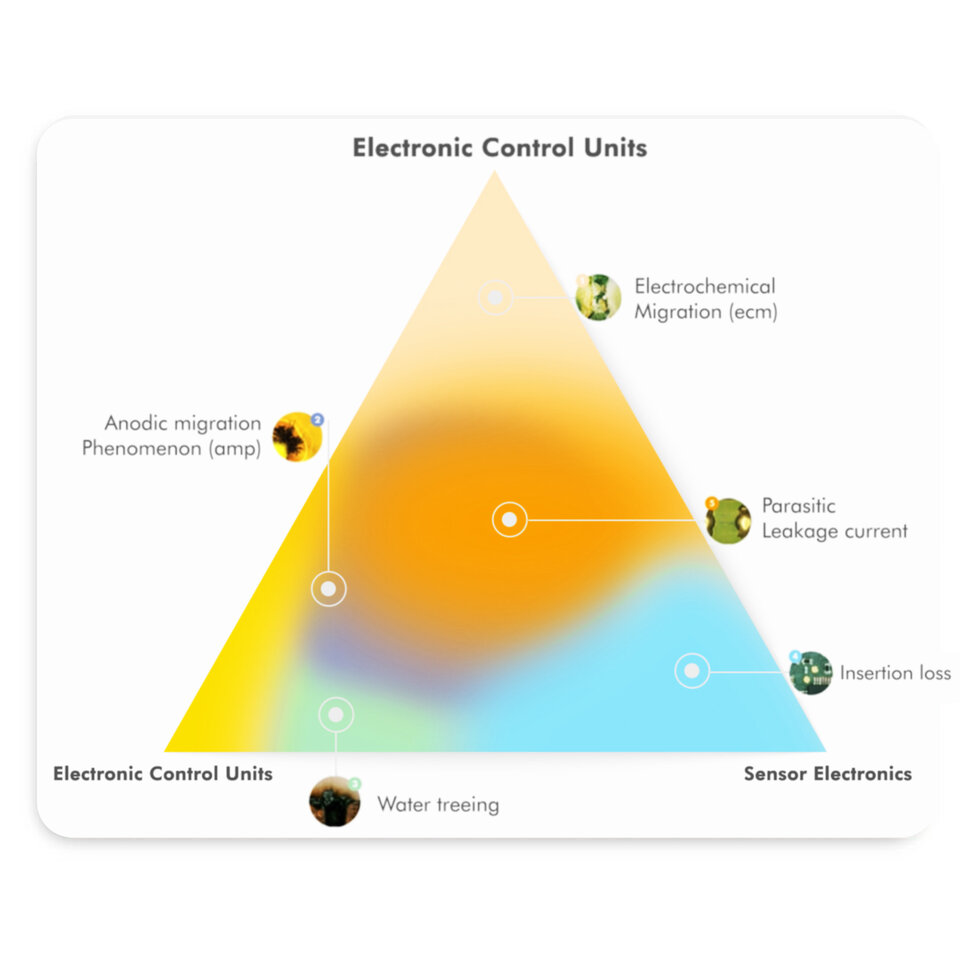
Recalls by EV Original Equipment Manufacturers (OEMs) have often been linked to particle-induced electrical breakdowns in the high-voltage range. Additionally, the ingress of moisture into OCB/DC/DC units, coupled with contamination, has heightened the risk of failures, leading to safety recalls. The absence of standards, such as IEC 60664, covering electrochemical migration (ECM) presents a unique challenge in ensuring proper insulation in the high-voltage (HV) range, rendering the design landscape complex for engineers.
In addition to well-known failure mechanisms under humidity, such as ECM and creep corrosion, emerging failures like AMP stemming from the aging process of insulation materials, present further challenges. These failures may manifest much later and result in short circuits, alongside the risk posed by particles leading to arc discharges and thermal incidents. Addressing these risks is a crucial aspect of design Failure Mode and Effects Analysis (FMEA).
Innovations in High-voltage (HV) Testing
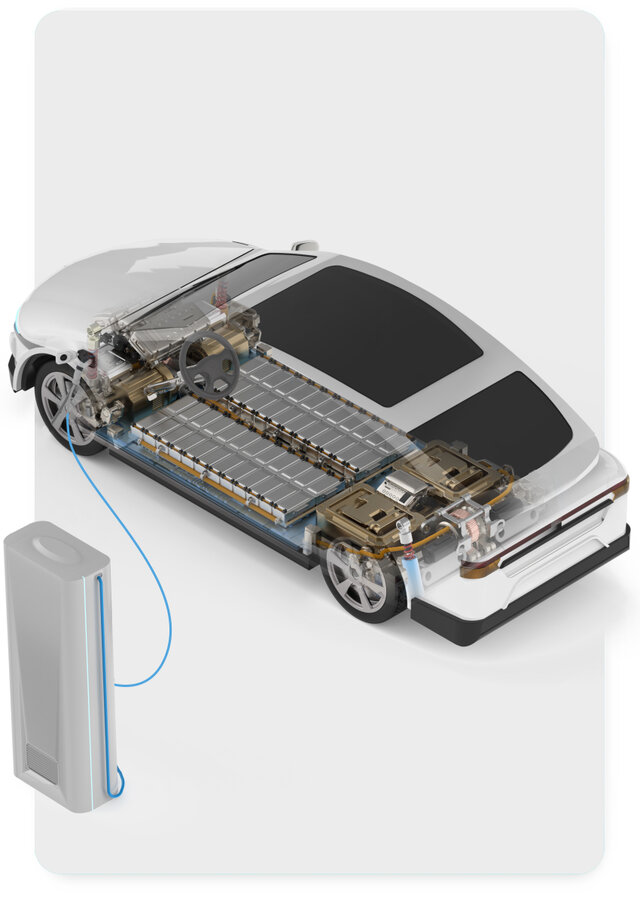
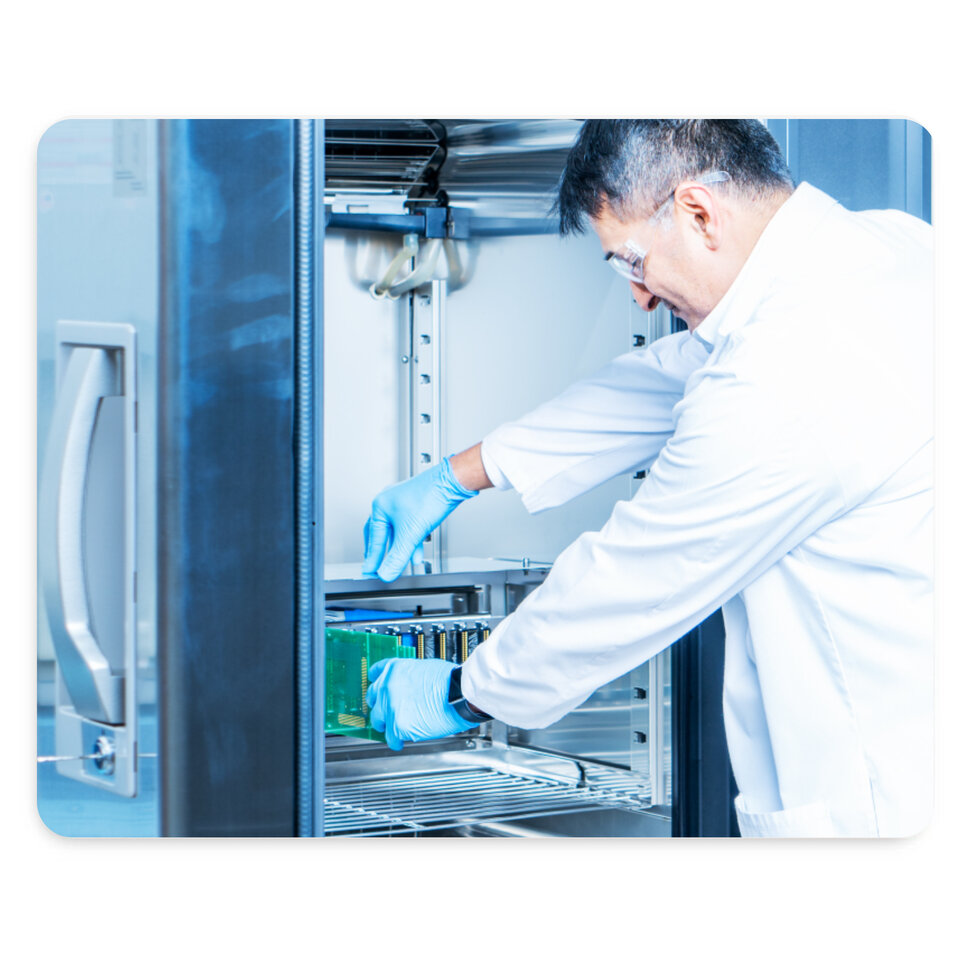
Traditionally, suppliers (CMs) have relied on subjecting electrical assemblies to humidity stress (SIR Testing) post-assembly to detect failures at B samples before full-scale production. However, these tests are time-consuming, lasting up to 2000 hours, making real-time production optimization impractical. Moreover, the challenge intensifies with particle monitoring, requiring meticulous counting of particles exceeding specified levels (CCC), often defined in agreements between OEMs and suppliers, without clarity on their criticality for reliability.
An alternative approach involves HV accelerated stress tests, offering proactive identification of failure risks before validation stress tests. These tests, lasting 24 to 100 hours, enable prompt production process optimization. Specialized tests like the Fritt Voltage Test for particle breakdown and the Coating Reliability Test (CoRe Test) for insulation coatings provide targeted insights into critical contaminations and vulnerabilities. Moreover, they allow predictions regarding subsequent validation tests, and are now standardized by IEC and part of numerous OEM specifications.
Streamlining Production Efforts
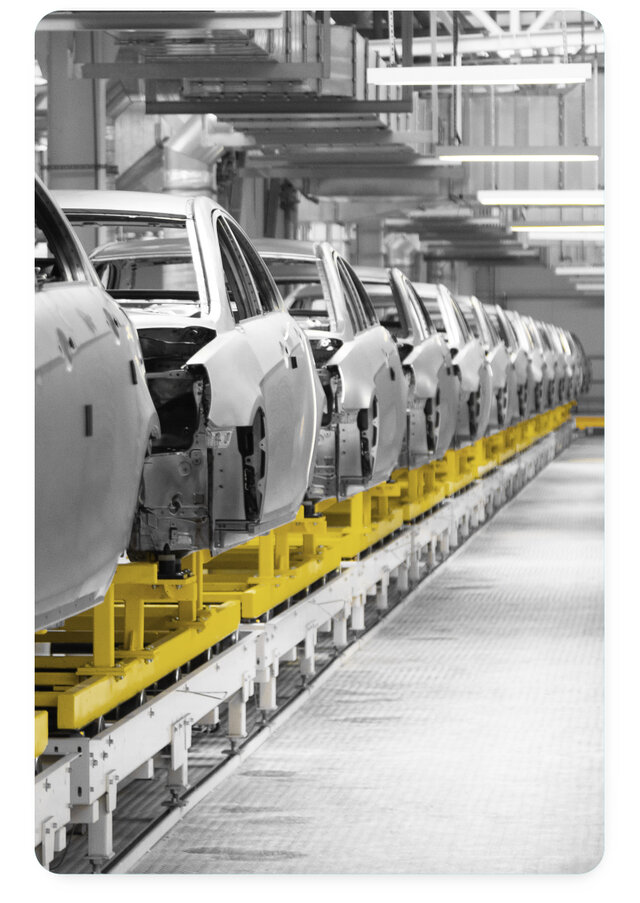
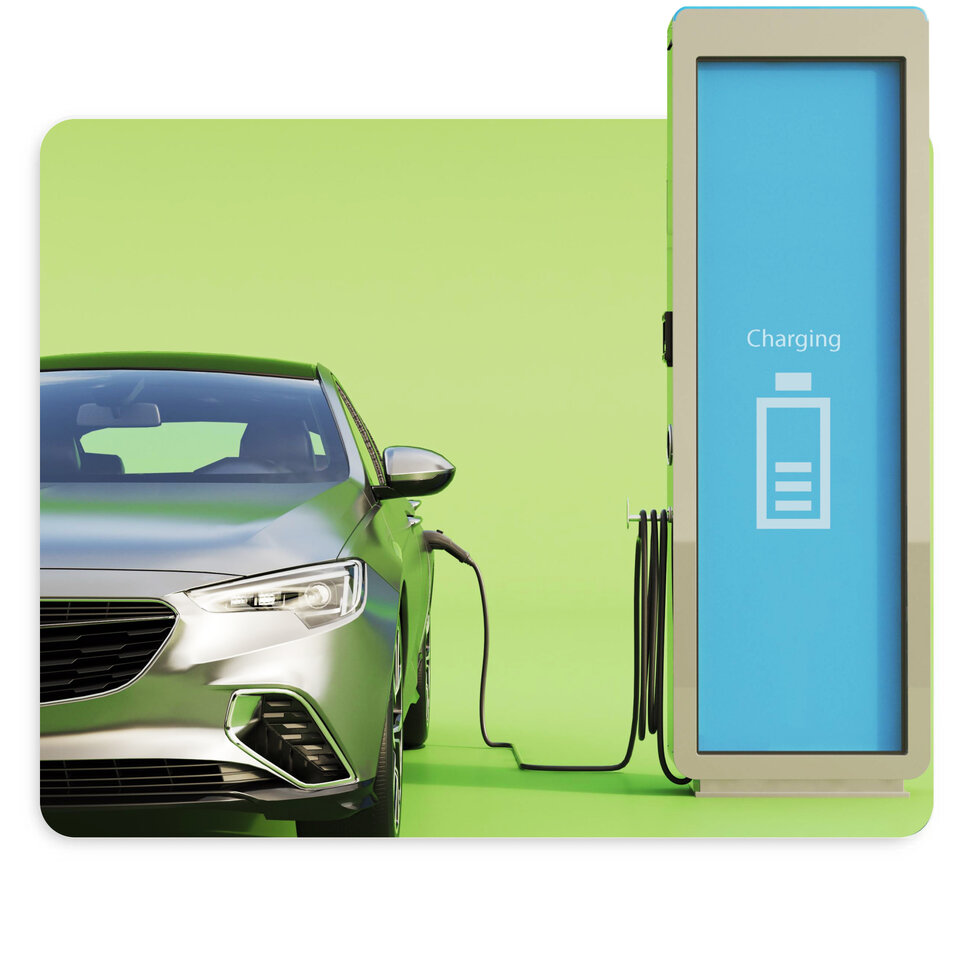
The integration of accelerated stress tests reflects a novel analytical approach to insulation coordination. By addressing critical failure causes identified through HV tests, production costs for EV units can be significantly reduced. These failures are often complex in nature, therefore previous approaches focusing solely on pollution degree and particle geometry are inadequate.
Embracing this philosophy eliminates the need for traditional expenses such as clean rooms, extensive monitoring, and stringent cleanliness rules throughout the production facility. Instead, a process lock at validation is achieved, and with smart solutions, such as dedicated cleaning processes strategically positioned along the production line, paves the way for streamlined and efficient production.
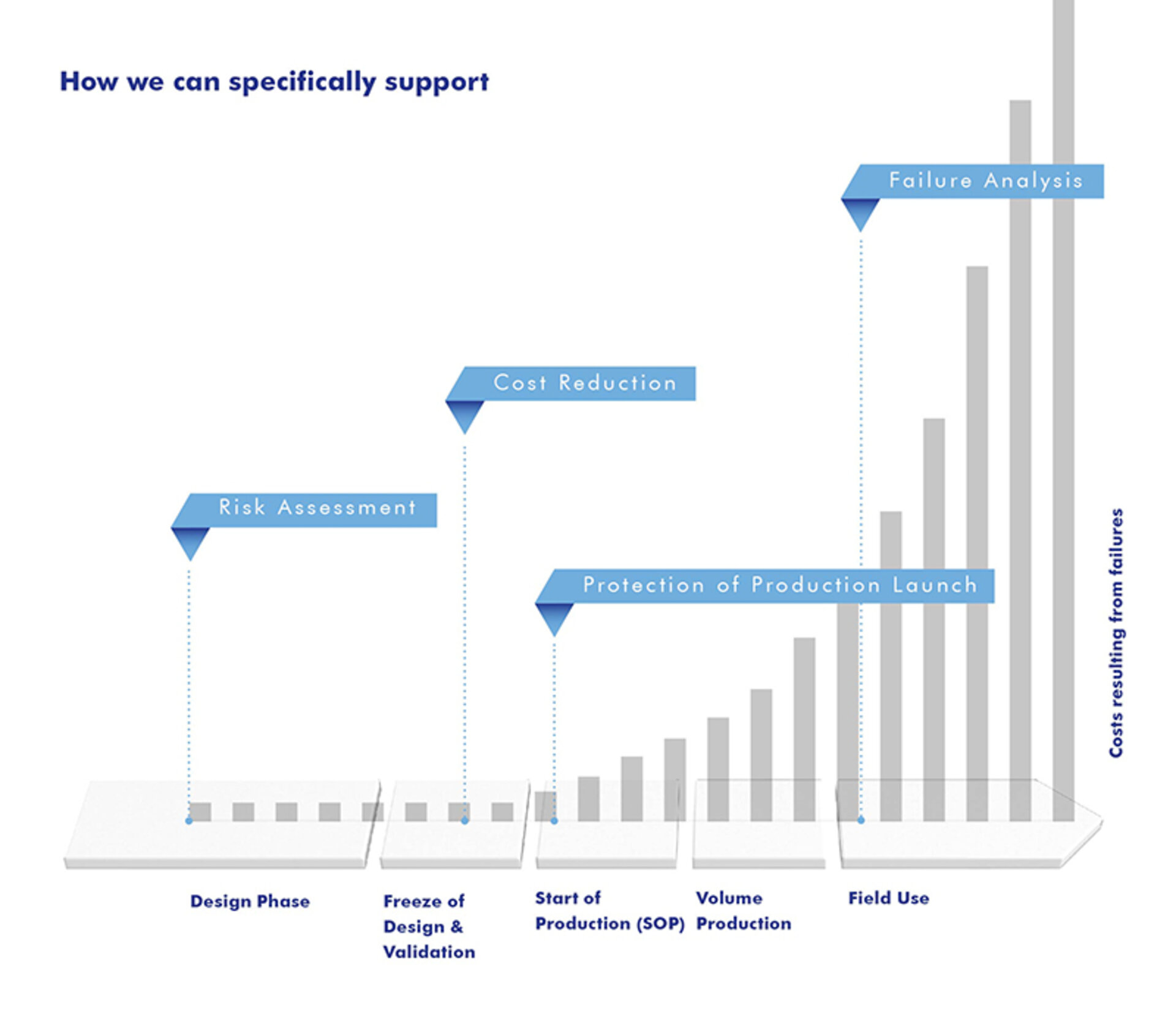
ZESTRON's Innovative Approach for Insulation Coordination
Accelerated stress tests, whether for high- or low-voltage applications, serve as robust methods for pinpointing and rectifying failure causes in electronic assemblies. Even a small number of samples can yield actionable insights, making them particularly advantageous for products in the early stages of development.
ZESTRON assists manufacturers in adopting this innovative analytical approach for Insulation Coordination directly on the production line. Our tailored technology coaching provides an excellent introduction to implementing this method with a selected critical product, leading to significant cost savings throughout the production process.
Whether failures occur in the field or during the PPAP validation process, ZESTRON's experts excel in rapid and effective troubleshooting. Additionally, we offer training to enable stakeholders to implement appropriate measures at the design stage, mitigating potential failure risks as early as possible.
We advise. You benefit.
✓ Expertise in High-Voltage (HV) Electronics
✓ Innovative HV Testing Solutions
✓ Streamlined Production Efforts
✓ Technology Coaching and Troubleshooting
looking to expand your knowledge?
Electrifying Reliability: Advanced Cleaning and Coating Solutions for Enhanced Performance in E-Mobility
Explore the future of E-Mobility with ZESTRON Academy's Jeff Kennedy and Specialty Coating Systems' Brent Frizzell in a dynamic webinar. Learn about cutting-edge cleaning and coating solutions that enhance electronic component reliability in this fast-evolving field. Discover how these solutions mitigate failure risks and optimize performance in E-Mobility. Stay ahead of the curve and secure electronic systems' reliability in the electrified future of transportation.